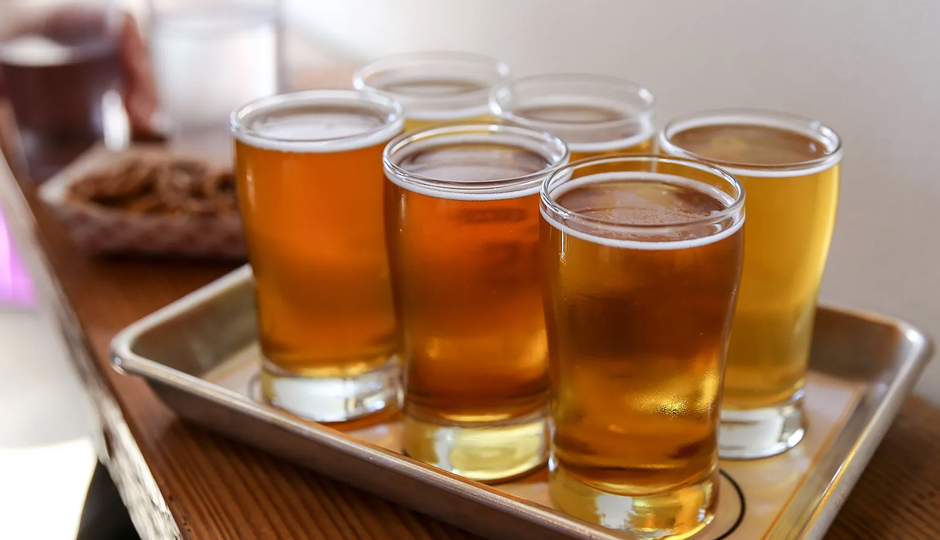What Is Skin Turgor? Understanding And Treating Poor Skin Turgor
By: Priyanka Maheshwari Sun, 16 July 2023 10:30:21
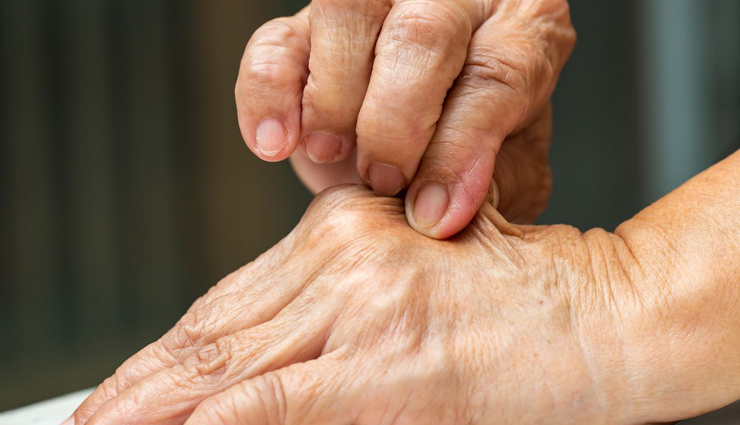
Skin turgor refers to the elasticity or resilience of the skin, which is an indicator of its hydration status and overall health. It is a term commonly used by healthcare professionals to assess the skin's ability to return to its normal shape after being gently pinched or lifted. Poor skin turgor can be a sign of dehydration, aging, or an underlying health condition. Understanding the importance of skin turgor and knowing how to treat it can help maintain healthy, vibrant skin. In this article, we will delve into the concept of skin turgor, its significance, and effective treatments for improving poor skin turgor.
By understanding the concept of skin turgor and implementing appropriate treatments, you can take steps to improve your skin's elasticity and maintain a youthful appearance. With proper hydration, a balanced diet, and a consistent skincare routine, you can support your skin's health and enhance its overall turgor. Let's explore the ways to promote optimal skin turgor and enjoy the benefits of vibrant, resilient skin.
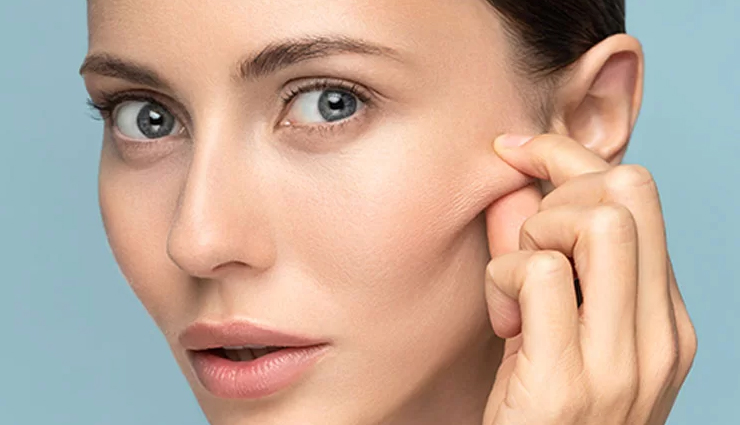
Symptoms of Skin Turgor
If you want to determine whether you have poor skin turgor, there are several key symptoms to observe:
Lack of Skin Elasticity: A prominent indicator of poor skin turgor is when the skin appears loose, saggy, or lacks firmness. It may exhibit reduced resilience and struggle to regain its original position when gently pulled.
Presence of Wrinkles and Fine Lines: Decreased skin turgor often leads to more pronounced wrinkles and fine lines. The skin may display creases or folds, particularly in areas prone to aging, such as the face, neck, and hands.
Dryness and Dehydration: Poor skin turgor can be associated with dry, rough, and dehydrated skin. The skin may feel tight, lack moisture, and exhibit a dull or flaky appearance.
Delayed Skin Recoil: Impaired skin turgor results in a lengthened time for the skin to return to its normal position after being gently pinched or lifted. This delayed recoil serves as an indication of reduced elasticity.
Thinning and Fragility of the Skin: Reduced skin turgor can cause the skin to become thinner, rendering it more susceptible to bruising, tearing, or injury. The skin may become fragile and vulnerable to damage.
Loss of Volume and Plumpness: Poor skin turgor can contribute to a reduction in volume and a sunken appearance in specific facial areas like the cheeks or under the eyes. The skin may seem hollowed or deflated.
Causes for Poor Skin Turgor

Dehydration: One of the primary causes of poor skin turgor is dehydration. When the body lacks adequate hydration, the skin loses moisture, resulting in decreased elasticity and a loss of firmness.

Aging: As we age, our skin naturally undergoes changes. The production of collagen and elastin, proteins responsible for maintaining skin elasticity, decreases over time. This can lead to reduced skin turgor and the appearance of wrinkles and sagging.
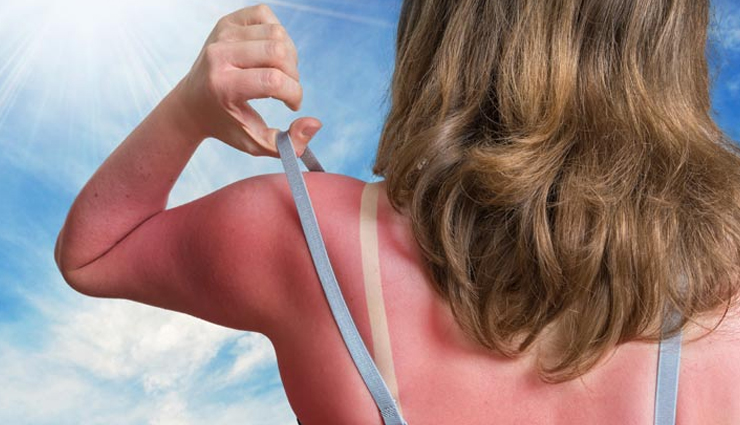
Sun Damage: Prolonged exposure to the sun's harmful ultraviolet (UV) rays can damage the skin's collagen and elastin fibers. Over time, this can result in decreased skin turgor, premature aging, and an increased risk of wrinkles and sagging.

Poor Nutrition: Inadequate intake of essential nutrients, such as vitamins, minerals, and proteins, can negatively impact skin health and elasticity. Nutritional deficiencies can impair collagen production and weaken the skin's structure, contributing to poor skin turgor.

Rapid Weight Loss: Significant and rapid weight loss can affect skin elasticity. When the skin is stretched due to weight gain and then quickly loses the extra weight, it may not fully regain its original elasticity, leading to loose or sagging skin.

Chronic Illness: Certain chronic medical conditions, such as diabetes, autoimmune disorders, and malnutrition, can affect skin health and contribute to poor skin turgor. These conditions can impair collagen synthesis and compromise skin elasticity.
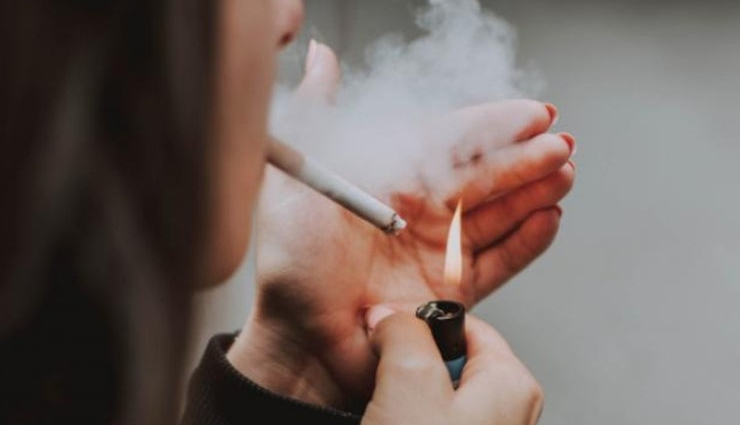
Smoking: Smoking damages collagen and elastin fibers, leading to accelerated skin aging, decreased skin turgor, and the formation of wrinkles. The toxins in cigarette smoke also impair blood circulation, which can affect skin health.
6 Ways to Improve Skin Turgor
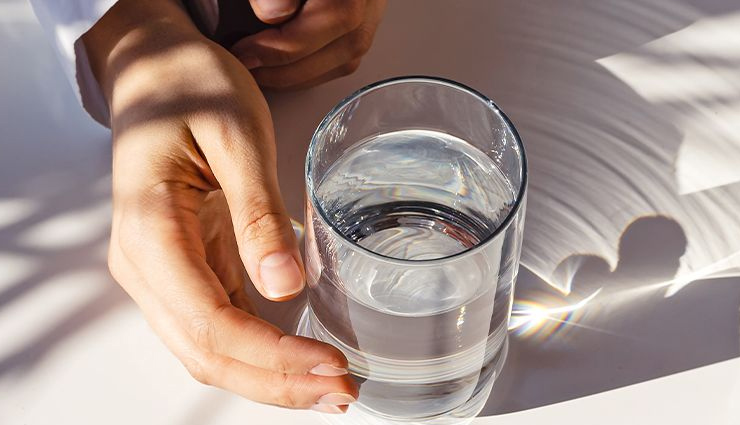
# Maintain Optimal Hydration
Adequate hydration is vital for healthy skin. Drink an ample amount of water throughout the day to keep your skin well-hydrated from within. This promotes improved skin elasticity and a plump, youthful appearance.

# Embrace a Nutrient-Rich Diet
Consume a well-balanced diet that includes plenty of fruits, vegetables, lean proteins, and healthy fats. These nourishing foods provide the necessary vitamins, minerals, and antioxidants for collagen production and skin regeneration, thus enhancing skin turgor.

# Shield from Sun Damage
Safeguard your skin from harmful UV rays by applying broad-spectrum sunscreen with a minimum SPF of 30. Sun damage accelerates skin aging and reduces turgor. Additionally, wear protective clothing and seek shade during peak sun hours.
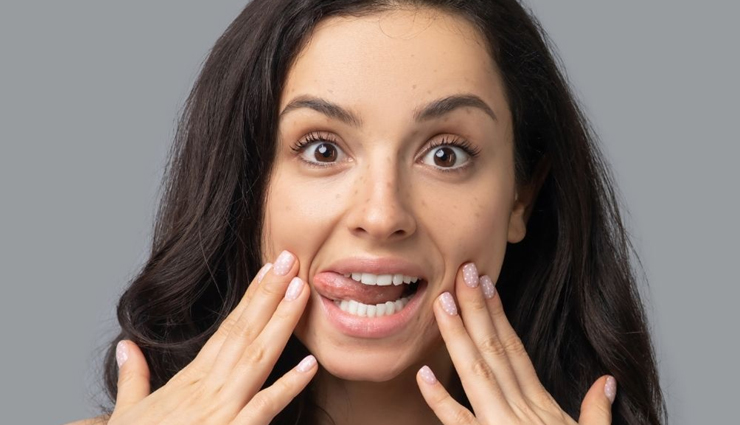
# Engage in Facial Exercises
Practice targeted facial exercises to strengthen and tone the underlying facial muscles. These exercises help improve skin turgor and combat sagging or drooping, contributing to a more lifted appearance.

# Utilize Beneficial Topical Treatments
Incorporate skincare products that stimulate collagen synthesis and enhance skin elasticity. Seek ingredients like retinoids, vitamin C, peptides, and hyaluronic acid, known for their ability to improve skin texture, firmness, and turgor over time.
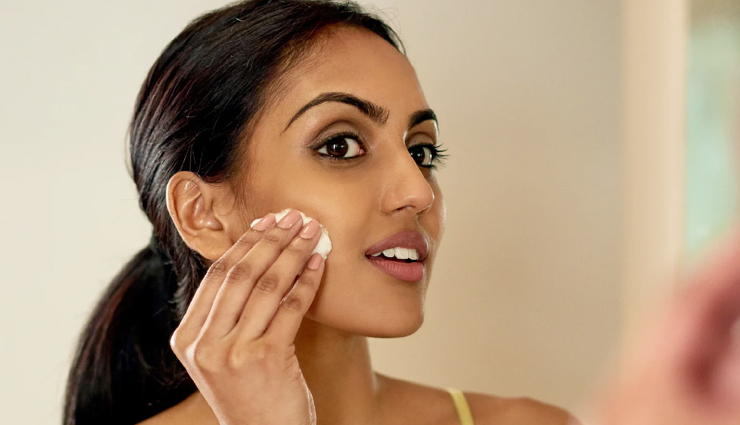
# Establish a Consistent Skincare Routine
Develop a regular skincare regimen encompassing cleansing, exfoliating, moisturizing, and protective measures. Consistency is key to maintaining healthy skin and enhancing turgor. Select products suitable for your skin type and diligently follow a daily routine.
By implementing these strategies, you can effectively enhance your skin's turgor and promote a more youthful and resilient complexion. Remember that individual results may vary, and it's crucial to remain patient and committed to your skincare practices. If you have specific concerns regarding your skin's turgor or overall skin health, consult with a dermatologist for personalized advice and tailored treatment options.



